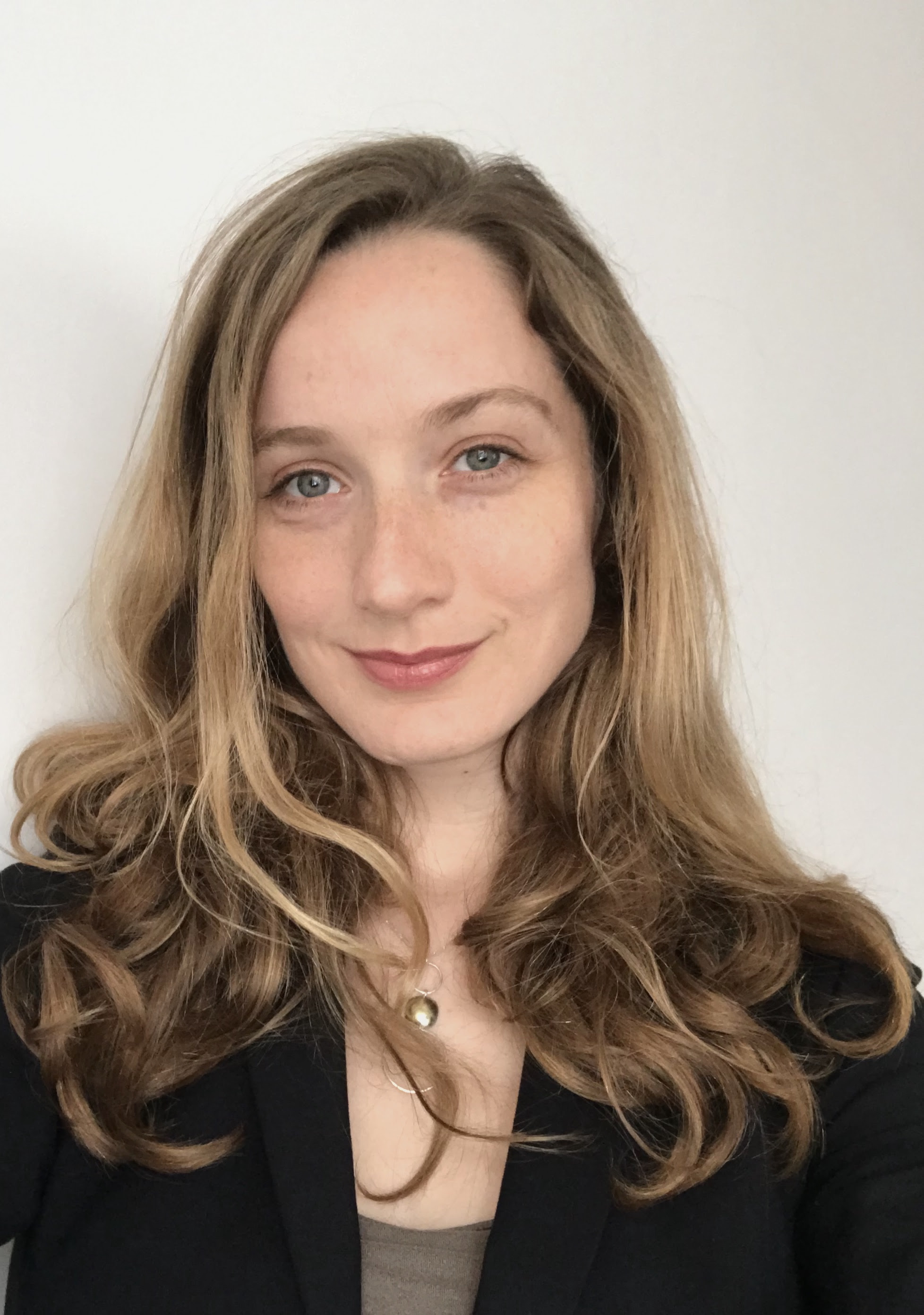CyLab Seminar: Elette Boyle
April 01, 2024
12:00 p.m. ET
Zoom, YouTube live stream, or Panther Hollow 4105 (4th Floor CIC)
April 01, 2024
12:00 p.m. ET
Zoom, YouTube live stream, or Panther Hollow 4105 (4th Floor CIC)

*Please note: this CyLab seminar is open only to partners and Carnegie Mellon University faculty, students, and staff. This seminar will be publicly available for live streaming via CyLab's YouTube channel.
Speaker:
Elette Boyle
Associate Professor and Director of Foundations and Applications of Cryptography (FACT) Research Center at Reichman University, Israel
Talk Title:
Zero-Knowledge Proofs on Distributed Data and Cryptographic Applications
Abstract:
Zero-knowledge proofs on distributed data (D-ZK) give a means for proving statements on data held distributedly in pieces or secret shared across multiple parties. Concretely, a prover who holds input x wishes to convince a collection of verifiers, each holding a piece of x, that x is indeed contained in some language. The zero knowledge property requires that by participating in the protocol, even subsets of the verifiers do not learn anything about x beyond their original knowledge.
In this talk, we will introduce and discuss the notion of D-ZK proofs, and present recent applications to cryptographically secure computation protocols.
Bio:
Elette Boyle is an Associate Professor and Director of the Foundations & Applications of Cryptography (FACT) Research Center in Computer Science at Reichman University, Israel, and a Senior Scientist at NTT Research. She received her PhD at MIT and BS at Caltech, both in Mathematics, and served as a postdoctoral fellow at Technion Israel and Cornell University.
Elette's research centers in cryptographic solutions for safely maintaining and processing sensitive data. In particular, her recent focus has been on protocols for secure multi-party computation, as well as underlying primitives such as function/homomorphic secret sharing. Her work has been recognized by awards from the European Research Council (ERC), Israeli Science Foundation (ISF), United States Air Force Office of Scientific Research (AFOSR), Google Research Scholar Award program, and the International Association of Cryptologic Research (IACR).
February 9 2026
12:00 PM ET
CyLab Security and Privacy Institute
Zoom or Gates Hall, room 4405
February 16 2026
12:00 PM ET
CyLab Security and Privacy Institute
Zoom or Hamburg Hall, room A301
February 23 2026
12:00 PM ET
CyLab Security and Privacy Institute
Zoom or Hamburg Hall, room A301
March 9 2026
12:00 PM ET
CyLab Security and Privacy Institute
Zoom or Hamburg Hall, room A301
March 16 2026
12:00 PM ET
CyLab Security and Privacy Institute
Zoom or Hamburg Hall, room A301
March 23 2026
12:00 PM ET
CyLab Security and Privacy Institute
Zoom or Hamburg Hall, room A301